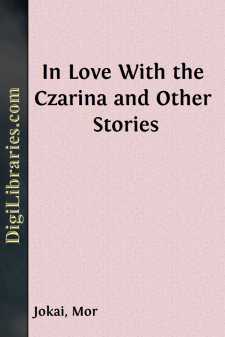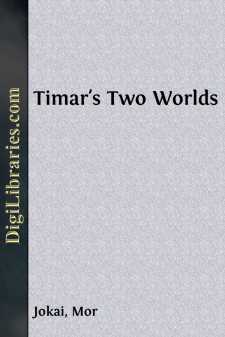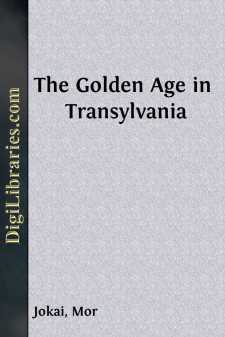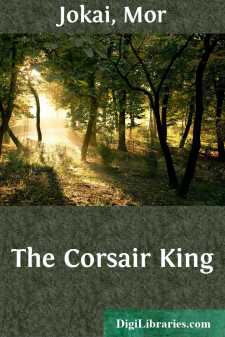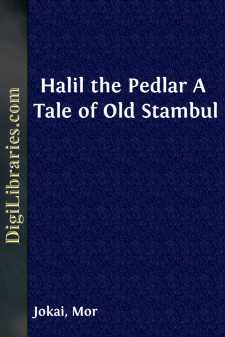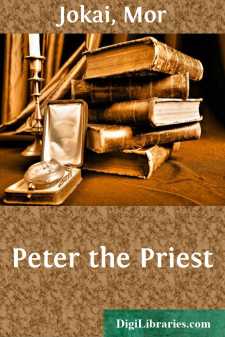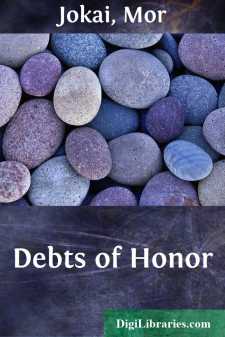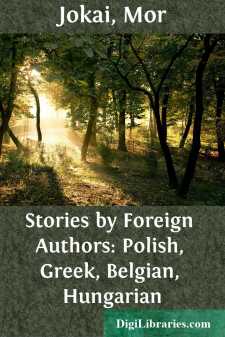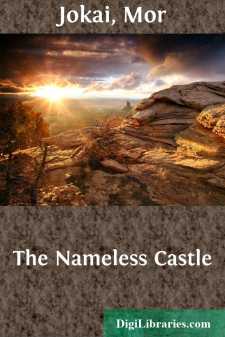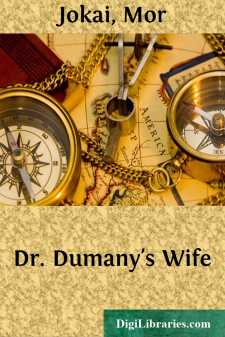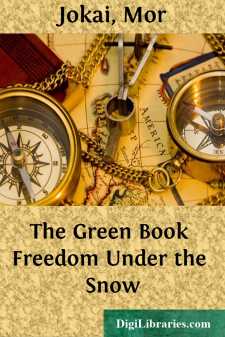Categories
- Antiques & Collectibles 13
- Architecture 36
- Art 48
- Bibles 22
- Biography & Autobiography 815
- Body, Mind & Spirit 144
- Business & Economics 28
- Children's Books 18
- Children's Fiction 14
- Computers 4
- Cooking 94
- Crafts & Hobbies 4
- Drama 346
- Education 58
- Family & Relationships 59
- Fiction 11835
- Games 19
- Gardening 17
- Health & Fitness 34
- History 1378
- House & Home 1
- Humor 147
- Juvenile Fiction 1873
- Juvenile Nonfiction 202
- Language Arts & Disciplines 89
- Law 16
- Literary Collections 686
- Literary Criticism 179
- Mathematics 13
- Medical 41
- Music 40
- Nature 180
- Non-Classifiable 1768
- Performing Arts 7
- Periodicals 1453
- Philosophy 65
- Photography 2
- Poetry 896
- Political Science 203
- Psychology 44
- Reference 154
- Religion 515
- Science 126
- Self-Help 85
- Social Science 83
- Sports & Recreation 34
- Study Aids 3
- Technology & Engineering 59
- Transportation 23
- Travel 463
- True Crime 29
Our website is made possible by displaying online advertisements to our visitors.
Please consider supporting us by disabling your ad blocker.
In Love With the Czarina and Other Stories
by: Mor Jokai
Description:
Excerpt
INTRODUCTION
The entire Hungarian nationâking and peopleâhave recently been celebrating the jubilee of Hungary's greatest writer, Maurice Jokai, whose pen, during half a century of literary activity, has given no less than 250 volumes to the world. Admired and beloved by his patriotic fellow-countrymen, Jokai has displayed that kind of genius which fascinates the learned and unlearned alike, the old and the young. He enchants the children of Hungary by his fairy-tales, and as they grow up into men and women he implants within them a passion for their native land and a knowledge of its splendid history such as only his poetic and dramatic pen could engrave upon their memory. His versatility of talentâfor, besides being the Hungarian poet-laureate, he is a novelist, playwright, historian, and oratorâenables the Hungarians to see in him their Heine, their Byron, their Walter Scott, and their Victor Hugo.
Jokai began his career at a period when Hungary aspired to political freedom, and his powerful pen, in combination with that of his familiar friend, Alexander Petofi, Hungary's greatest lyric poet, was mainly instrumental in rousing the nation to arms. In 1849, when the Hungarian nation had sustained a cruel defeat, it was Jokai who cheered the flagging spirits of the Magyars, and by the potency and skill of his extraordinary pen influenced that reconciliation between Sovereign and people which was ultimately accomplished by Hungary's greatest statesman, Francis Deak.
The Hungarian language is one of the richest of Turanian tongues, and particularly lends itself to the didactic and romantic styles. So far back as the beginning of the thirteenth century we find traces of Hungarian literature, and, if it had been permitted to develop, Hungary might now have possessed a literature second to none in the modern world. But in consequence of political struggles the Hungarian language and literature had to give way, at times, either to the Latin or German races, so much so that as late as 1849 all scientific subjects had to be taught either in German or in Latin. It was then that a few patriotic Magyars took the matter acutely to heart, and strove to restore the language and literature of their country, with the happy result that Hungary now, in proportion to its population, comes immediately after Germany in the number of its universities, colleges, and scientific institutions, where all subjects are taught in the Hungarian language only.
Maurice Jokai is not only one of those who restored Hungarian literature, but is the creator of a particular style of romance, which stamps his works as unique, and has caused them to be eagerly read, and translated into almost every modern language. It is no wonder, therefore, that the Hungarians, who are a cultured race, should delight in showing all honour and respect to the veteran author, who has given to the world over a hundred splendid works on all subjects, comprising 250 volumes.
Jokai is descended from a middle-class family, a fact which he is always proud to own, and has no ambition to rise in higher spheres of society, although the greatest people in the land, including the Empress-Queen herself, favour him with their personal friendship.
He is a tall, fine-looking man, and carries himself well. He generally dresses in a black-braided costume, which is the favourite national Hungarian uniform of those patriots who belong to the forty-eight period, which marks such an epoch in the history of Hungary. In his younger days his beard was dark and silky, but now he is quite grey. He occupies a modest house, and leads a very simple life.
To give the full history of such a great writer as Maurice Jokai, the titles of whose works fill nine pages of the British Museum catalogue, would be a task of considerable research, and would itself extend to volumes. I therefore only propose to touch upon a few of the salient points of his career.
Jokai was born on February 19, 1825, at Komarom, which city, by-the-by, is known as the "Virgin Fortress of Hungary."
He received his education partly in his native town and at Pozsony, the ancient capital of Hungary, Papa and Kecskemet; and in 1846 he passed an examination as an advocate, though he did not follow the profession afterwards....


